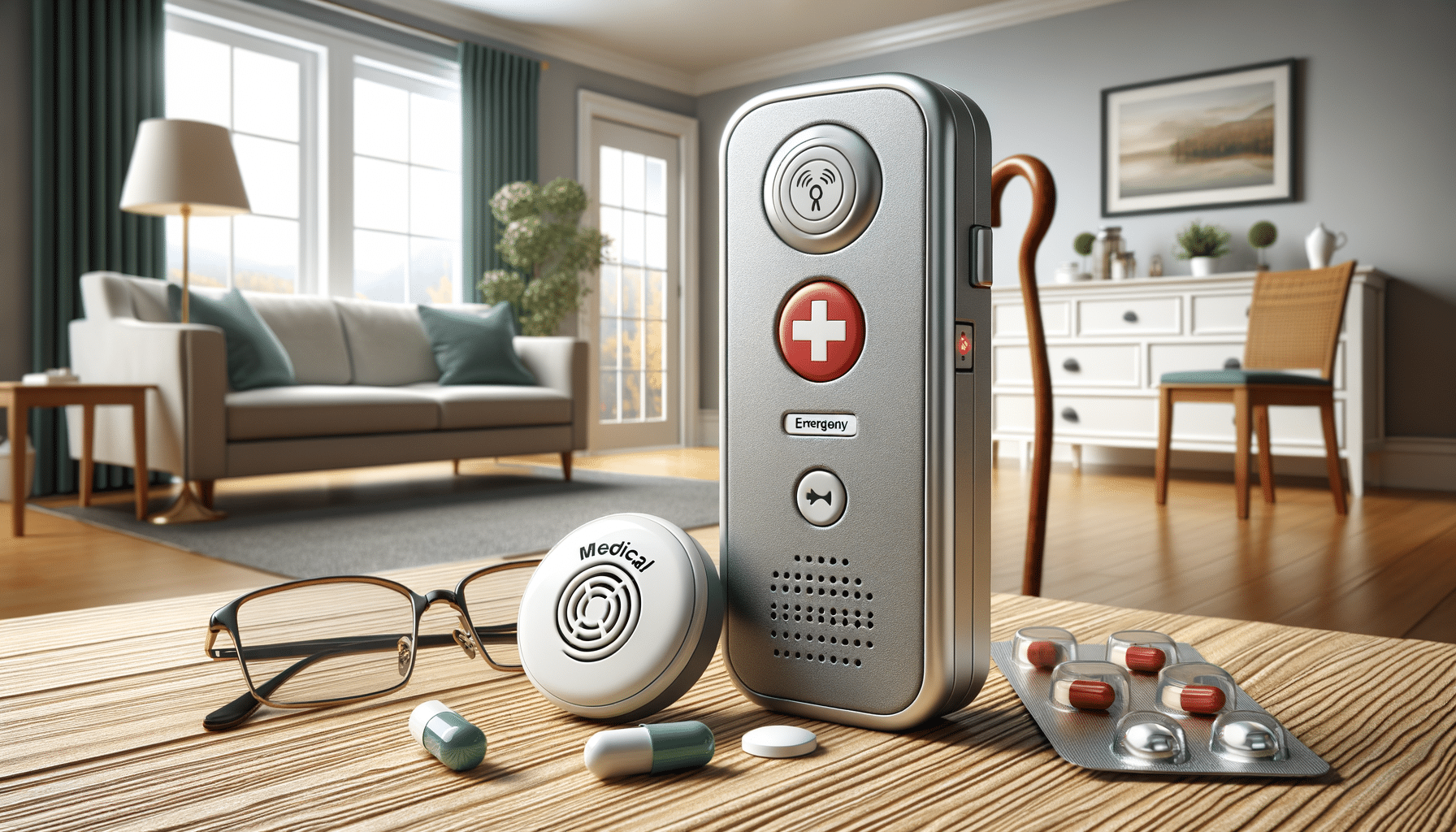
How Medical Alarms Can Improve Safety for Seniors
Introduction to Medical Alarms
Medical alarms have become an essential tool in ensuring the safety and independence of individuals, particularly seniors and those with chronic medical conditions. These devices are designed to provide immediate assistance in emergencies, such as falls or sudden health deteriorations. By offering a direct line of communication to emergency services or caregivers, medical alarms can significantly reduce response times, potentially saving lives.
With an aging population, the relevance of medical alarms continues to grow. They not only provide peace of mind to the users but also to their families, knowing that help is just a button press away. This article explores the various aspects of medical alarms, their benefits, and what to consider when choosing one.
The Benefits of Medical Alarms
Medical alarms offer numerous benefits that enhance the quality of life for seniors and individuals with health concerns. Here are some key advantages:
- Quick Response: In the event of an emergency, medical alarms can immediately alert emergency services, ensuring rapid assistance.
- Increased Independence: Users can maintain their independence, knowing they have a safety net in case of emergencies.
- Peace of Mind: Family members and caregivers can have peace of mind knowing their loved ones have access to help when needed.
- Cost-Effective: Compared to full-time caregiving or assisted living, medical alarms offer a more affordable option for safety and monitoring.
These benefits make medical alarms an attractive option for many, providing both security and confidence to users and their families.
Types of Medical Alarms
Medical alarms come in various forms, each tailored to meet different needs. Understanding these types can help in selecting the right system:
- Wearable Devices: These are commonly worn as pendants or wristbands, allowing users to easily access the alarm button.
- In-Home Systems: These systems are installed in the home and can include motion detectors and communication devices to monitor activity.
- Mobile Systems: Designed for active individuals, these portable devices work outside the home, providing coverage wherever there is cellular service.
Each type offers unique features, so it’s important to assess the specific needs and lifestyle of the user when choosing a system.
Key Features to Consider
When selecting a medical alarm, certain features can greatly influence its effectiveness and suitability. Consider the following:
- Ease of Use: The device should be simple to operate, especially in stressful situations.
- Range and Coverage: Ensure the system covers the necessary areas, whether inside the home or on the go.
- Battery Life: Long-lasting batteries ensure the device is always ready to use.
- Monitoring Services: Some systems offer professional monitoring, which can be a crucial factor in emergencies.
Evaluating these features will help in choosing a medical alarm that best fits the user’s needs and provides reliable support.
Conclusion: Enhancing Safety and Independence
Medical alarms play a vital role in enhancing the safety and independence of seniors and individuals with health issues. By providing immediate access to emergency assistance, these devices offer reassurance and support for both users and their families. As technology advances, medical alarms continue to evolve, offering more features and greater reliability.
Choosing the right medical alarm involves considering the user’s lifestyle, specific needs, and the available features. With the right system in place, individuals can enjoy a greater sense of security and autonomy, knowing that help is always within reach.